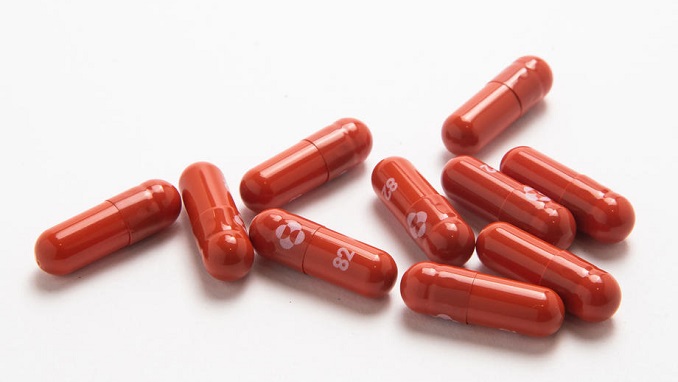
The US Food and Drug Administration’s (FDA) regulators have deemed on Friday Merck’s investigational antiviral drug to treat COVID-19, Molnupiravir, effective against the contagious disease, but it is yet to seek experts’ input on its safety.
The agency will seek experts’ opinions regarding possible birth defects and other potential pregnancy issues associated with the oral treatment developed by Merck & Co. and Ridgeback Biotherapeutics that has been submitted to the FDA for emergency authorization.
FDA’s Antimicrobial Drugs Advisory Committee (AMDAC) is scheduled to meet in a few days to discuss Merck and Ridgeback’s submission.
According to the data collected from trials using the pill in animals, several potential safety issues were identified with the drug, including possible toxicity to developing fetuses and birth defects.
The main questions FDA’s advisers would need to answer at their November 30 meeting are if the drug should be prescribed to all persons or there should be exceptions and if the drug should carry a warning about risks during pregnancy.
Yet, that warning should allow doctors to prescribe it where the benefits outweigh the risks.
The only limitation so far, as suggested by Merck, is that the drug should not be used by children, something the FDA agrees with.
Molnupiravir’s 5-day treatment targets an enzyme that allows the coronavirus to replicate and introduces errors to the virus’ genetic code but raised the concerns of FDA since it alters the virus’ spike protein, which could theoretically result in the formation of new Covid-19 strains.
Merck’s initial trial data from1,433 patients using the antiviral pill pointed to a 30% reduction in hospitalizations and deaths while the data obtained from 775 patients in October showed improved efficacy rate of 50%.




Be the first to comment